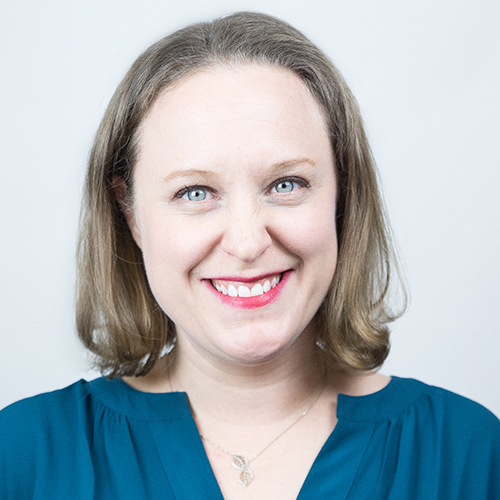Welcome to Meaningful Use March Madness, a month of weekly blog posts refuting frequently-heard arguments about the criteria proposed for the Electronic Health Record “Meaningful Use” Incentive Program. Stay tuned all month!
Background: Stage 2 of meaningful use currently holds 5 percent of providers accountable for patients accessing their health information online.
The Claim: Medicare patients are unlikely to take advantage of the ability to view, download, or transmit their health information.
Reality: For the first time, half of seniors (53%) ages 65 and older are using the internet or email.
Technology usage among older adults is booming, undercutting the assumption that Medicare beneficiaries lack the skills and/or desire to leverage online tools to manage their health.
In 2012, for the first time, over half of seniors (53%) ages 65 and older reported using the internet or email. In addition, 69% of these seniors now use a mobile phone (90% of adults ages 50-64).[1] Older Americans are one of the fastest growing groups using social media, on sites like Facebook and LinkedIn. Single seniors are even going online to look for love; AARP dove into the online dating pool late last year, partnering with website HowAboutWe.com.
With statistics like these, it is hard to believe that technologically savvy Medicare beneficiaries won’t take advantage of internetbased tools for the benefit of their health and health care.
Sure, Internet usage is less prevalent among members of the “G.I. Generation” (adults who are currently ages 76 and older).[2] Even if this group is less likely to engage online, there is no question that their families and caregivers see the immediate value of this benefit. More than 65 million people — 29 percent of the U.S. population — spend an average of 20 hours per week providing care for a chronically ill, disabled, or aged family member or loved one during any given year.[3] Twenty-two percent of family caregivers say they need help communicating with physicians.[4] Many call for patients to be more “active” in their healthcare; how can they without the tools to do so?
Ten thousand baby boomers become eligible every day for Medicare — baby boomers accustomed email, Facebook, text messaging, online banking and shopping. They will certainly not only use but demand the same access in health care. Even today, nearly half of Americans access their health information from their doctor 3 times or more a year, and 25% do it 7 times or more a year.[5] With numbers like these, our guess is that within the next 3 years, we’ll not only use online access, we’ll come to rely on it.
[1] Pew Research Center’s Internet & American Life Project; Older Adults and Internet Use; June 2012
[2] Ibid.
[3] Caregiving in the United States; National Alliance for Caregiving in collaboration with AARP; November 2009
[4] National Alliance for Caregiving and AARP, Caregiving in the U.S.; 2004
[5]“Making IT Meaningful: How Consumers Value and Trust Health IT,” accessed online at www.nationalpartnership.org/hit.


